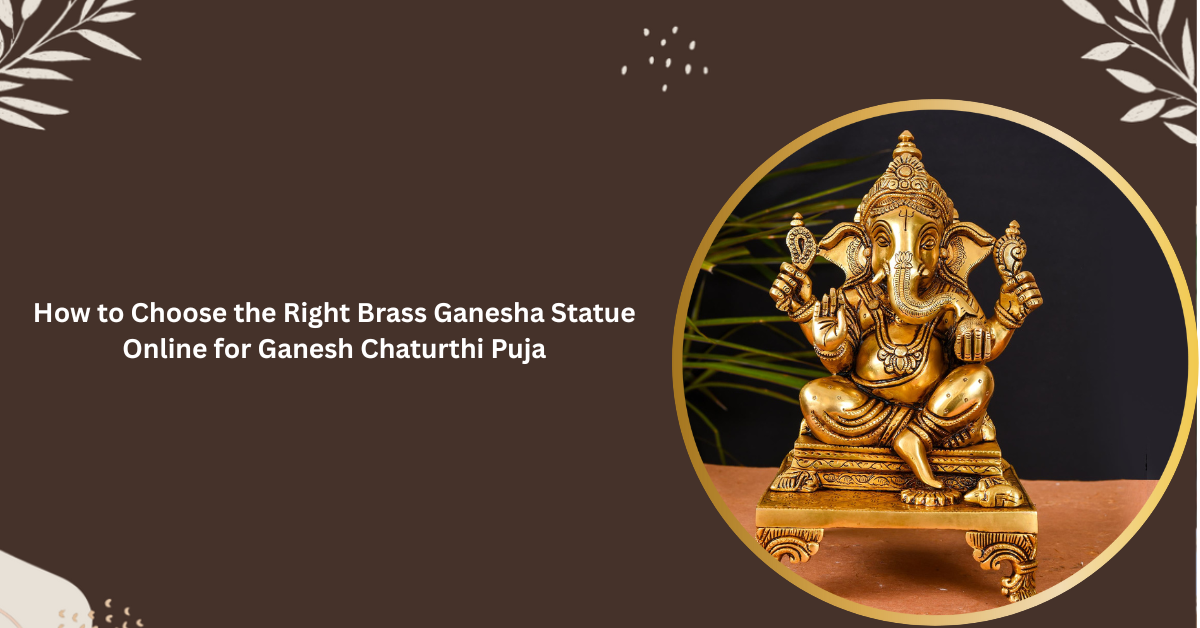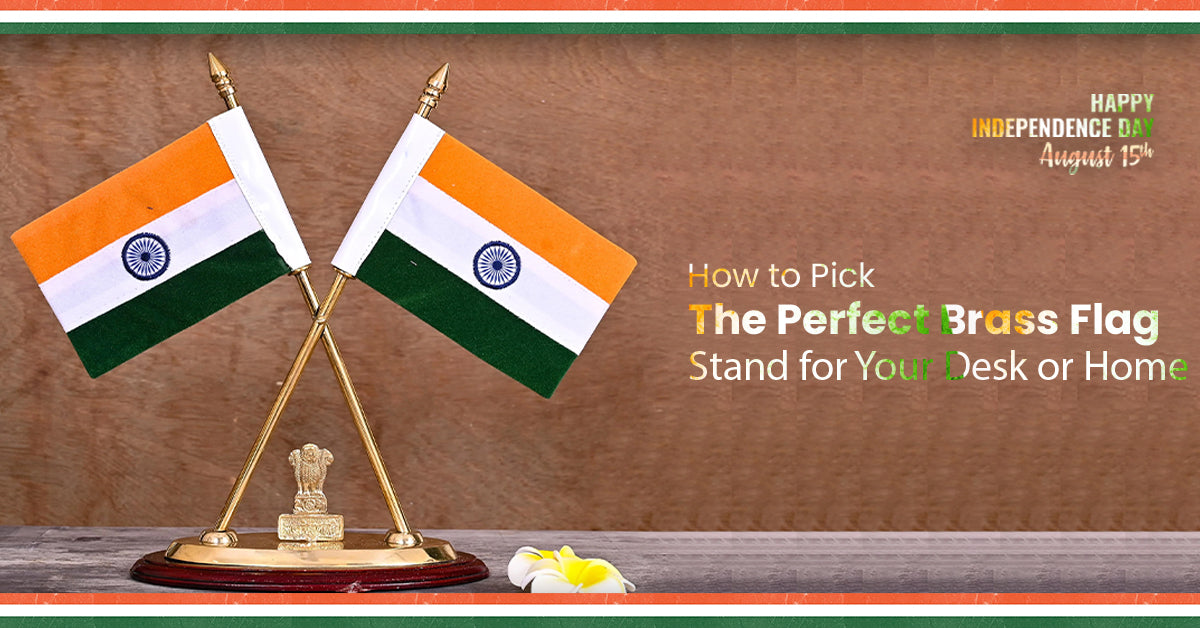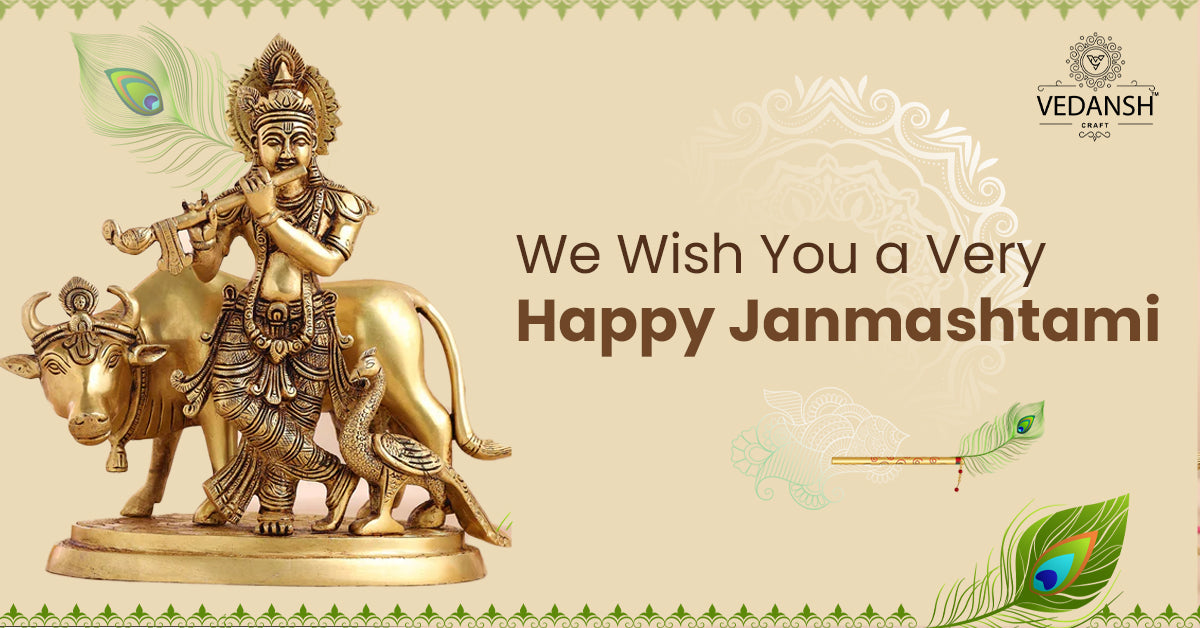

Maha Shivaratri 2024: Date, Time, and Significance
, by javed techqart, 5 min reading time
Maha Shivaratri, also known as the Great Night of Shiva, is a significant Hindu festival celebrated in honor of Lord Shiva, one of the principal deities in Hinduism. It falls on the 14th day of the dark fortnight of the month of Phalguna according to the Hindu lunar calendar, which usually occurs in February or March in the Gregorian calendar.
Maha Shivaratri holds immense importance in Hinduism as it is believed to be the day when Lord Shiva performs the heavenly dance of creation, preservation, and destruction. Devotees believe that observing Maha Shivaratri with devotion and austerity can cleanse them of their sins and grant them blessings, including spiritual upliftment and liberation from the cycle of birth and death.
Maha Shivaratri 2024
Mahashivratri 2024 will be observed on Friday, March 8, 2024. The Maha Shivratri Nishita Kaal Puja Time will be between 12:07 AM to 12:56 AM, March 09, 2024. The devotees should note that Maha Shivratri 2024 Parana Time is 06:37 AM to 03:29 PM, March 9, 2024.
Maha Shivaratri is celebrated throughout the night and day. Devotees often fast during the day and stay awake through the night, engaging in prayer, meditation, and rituals dedicated to Lord Shiva. The festival usually spans from the previous day's evening until the following morning.
During this time, devotees visit Shiva temples, perform special prayers, chant mantras, and offer offerings such as milk, water, flowers, and fruits to the Shiva Lingam, a symbol representing Lord Shiva's energy and presence. The nightlong celebration is particularly significant as it symbolizes a spiritual awakening and conquering darkness and ignorance with the light of knowledge and devotion.
Significance of Maha Shivaratri in Hindu mythology
According to Hindu mythology, Maha Shivaratri holds deep spiritual significance. It is believed that on this auspicious night, Lord Shiva performs the cosmic dance of Tandava, symbolizing the cycle of creation, preservation, and destruction. Devotees see this as a reminder of the transient nature of life and the ultimate reality of existence. Maha Shivaratri is also associated with the marriage of Lord Shiva and Goddess Parvati, signifying the union of the masculine and feminine energies in the universe.
Maha Shivaratri is deeply ingrained in Hindu culture and tradition. It is celebrated with great enthusiasm across India and other parts of the world where Hindus reside. The festival serves as an occasion for family gatherings, community bonding, and collective worship. It strengthens the cultural fabric by preserving ancient rituals and customs passed down through generations.
Various rituals and customs are observed during Maha Shivaratri. Devotees wake up early, take a ritual bath, and wear clean clothes. They observe strict fasting throughout the day, abstaining from food and sometimes even water, as a mark of penance and devotion. Special prayers, hymns, and chants dedicated to Lord Shiva are recited daily and night.
Devotees visit Shiva temples to offer their prayers and seek blessings. They perform Abhishekam, a ritual of pouring water, milk, honey, and other sacred liquids over the Shiva Lingam while chanting mantras. It is believed that this act purifies the soul and invokes the divine grace of Lord Shiva.
How is Maha Shivaratri Celebrated?
- Fasting and prayers
Fasting is integral to Maha Shivaratri observance. Devotees fast as a form of self-discipline and purification, seeking to cleanse their bodies and minds of impurities. By abstaining from worldly pleasures, they focus their energies on spiritual practices such as meditation, chanting, and reading scriptures. Fasting is also seen as expressing devotion and surrender to Lord Shiva.
- Visiting Shiva Temples
Devotees visit Shiva temples in large numbers on Maha Shivaratri. They offer prayers, perform rituals, and seek the blessings of Lord Shiva. Temples are adorned with flowers, lights, and colorful decorations, creating a vibrant and festive atmosphere. Devotees often participate in special ceremonies and cultural programs organized by the temples to mark the occasion.
- Night-long celebrations
One of the most distinctive features of Maha Shivaratri is the night-long vigil known as Jagran. Devotees stay awake throughout the night, engaging in devotional activities, singing bhajans, and chanting the name of Lord Shiva. Temples resonate with the sound of bells and conch shells as devotees immerse themselves in prayer and meditation. The atmosphere is filled with spirituality and devotion as people come together to celebrate the glory of Lord Shiva and seek His divine blessings.
Maha Shivaratri 2024 holds immense significance for millions of Hindus worldwide. It is a religious festival that brings communities together, fostering a sense of unity and devotion among devotees.
As we celebrate Maha Shivaratri, let us reflect on the spiritual teachings and principles embodied by Lord Shiva—transience, creation, preservation, and destruction. May this occasion inspire us to cultivate inner peace, righteousness, and compassion in our lives, thereby embodying the essence of Lord Shiva's divine grace and benevolence throughout the year.
Tags
Blog posts





